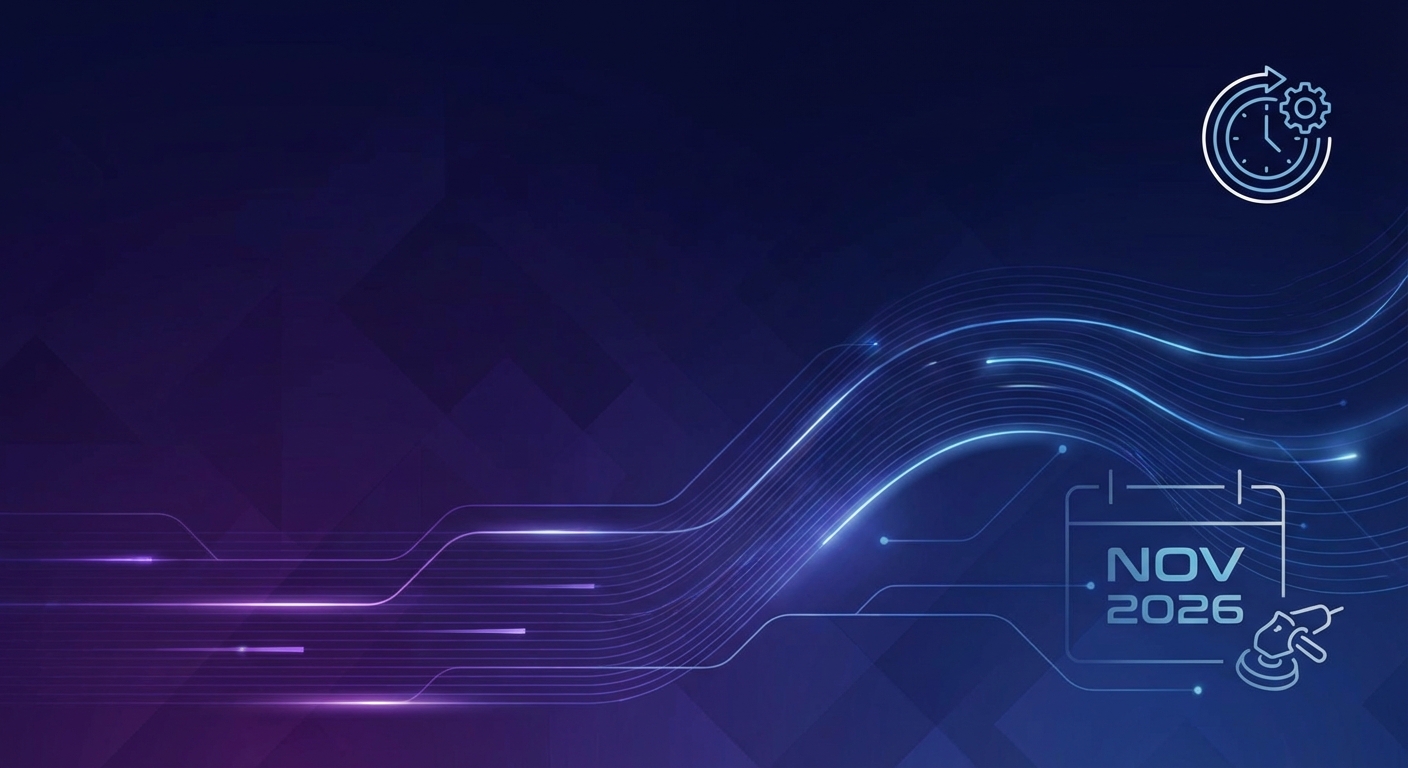16 Billion Passwords Exposed: Protect Your Online Accounts Now
Billions of Logins Exposed
Researchers have uncovered 30 exposed datasets containing over 16 billion login credentials. This massive leak likely resulted from infostealers, which are malicious software specifically designed to extract sensitive information from infected devices. These credentials include usernames and passwords for major online platforms like Apple, Google, Facebook, and Telegram.

The leaked data represents a significant threat for account takeovers, identity theft, and targeted phishing campaigns. Cybercriminals can use these credentials for various malicious activities, making it crucial for users to act swiftly.
Protecting Against Infostealers
To mitigate risks associated with infostealers, users should take proactive measures:
- Utilize an up-to-date and active anti-malware solution to detect and remove infostealers. Tools like Malwarebytes can effectively protect devices from such threats.
- Avoid reusing passwords across different sites and services. A password manager can assist in creating strong passwords and securing them.
- Enable two-factor authentication (2FA) wherever possible. This adds an extra layer of security, making it significantly harder for attackers to gain unauthorized access.
For more information on how to safeguard your accounts, visit the Malwarebytes blog on multi-factor authentication.
The Scale of the Breach
The scale of this breach is staggering. If each of the 16 billion credentials were printed on paper, the stack would extend beyond the stratosphere, illustrating the magnitude of the threat. Researchers have emphasized that this leak is not just recycled data but new, weaponizable intelligence that can fuel future cybercrimes.

Cybersecurity experts recommend that consumers invest in password management solutions and dark web monitoring tools to protect themselves. The importance of strong and unique passwords, combined with multi-factor authentication, cannot be understated.
Fresh Stolen Data and Its Implications
This breach has exposed fresh data that can be exploited for account takeovers and identity theft. The credentials allow cybercriminals to launch highly targeted phishing campaigns, potentially devastating both individuals and organizations.
Security experts suggest immediate password changes across all online accounts and regular monitoring through services like "Have I Been Pwned" to check for compromised credentials.

Addressing the Threat of Information-Stealing Malware
Information-stealing malware is a growing concern in cybersecurity. This type of malware collects sensitive information such as usernames, passwords, and browsing history from infected devices. The data is often compiled into logs and sold on cybercrime marketplaces or used for further attacks.
To combat this threat, users should ensure they only download software from trusted sources and remain vigilant against phishing attempts.

Practicing good cybersecurity habits, such as regularly updating software and using antivirus tools, can significantly reduce the risk of falling victim to such attacks.
For comprehensive solutions and to automate your cybersecurity marketing, consider exploring GrackerAI's offerings. GrackerAI specializes in cybersecurity marketing automation, helping businesses stay informed with daily news, SEO-optimized blogs, and more. Start your FREE trial today at GrackerAI.





